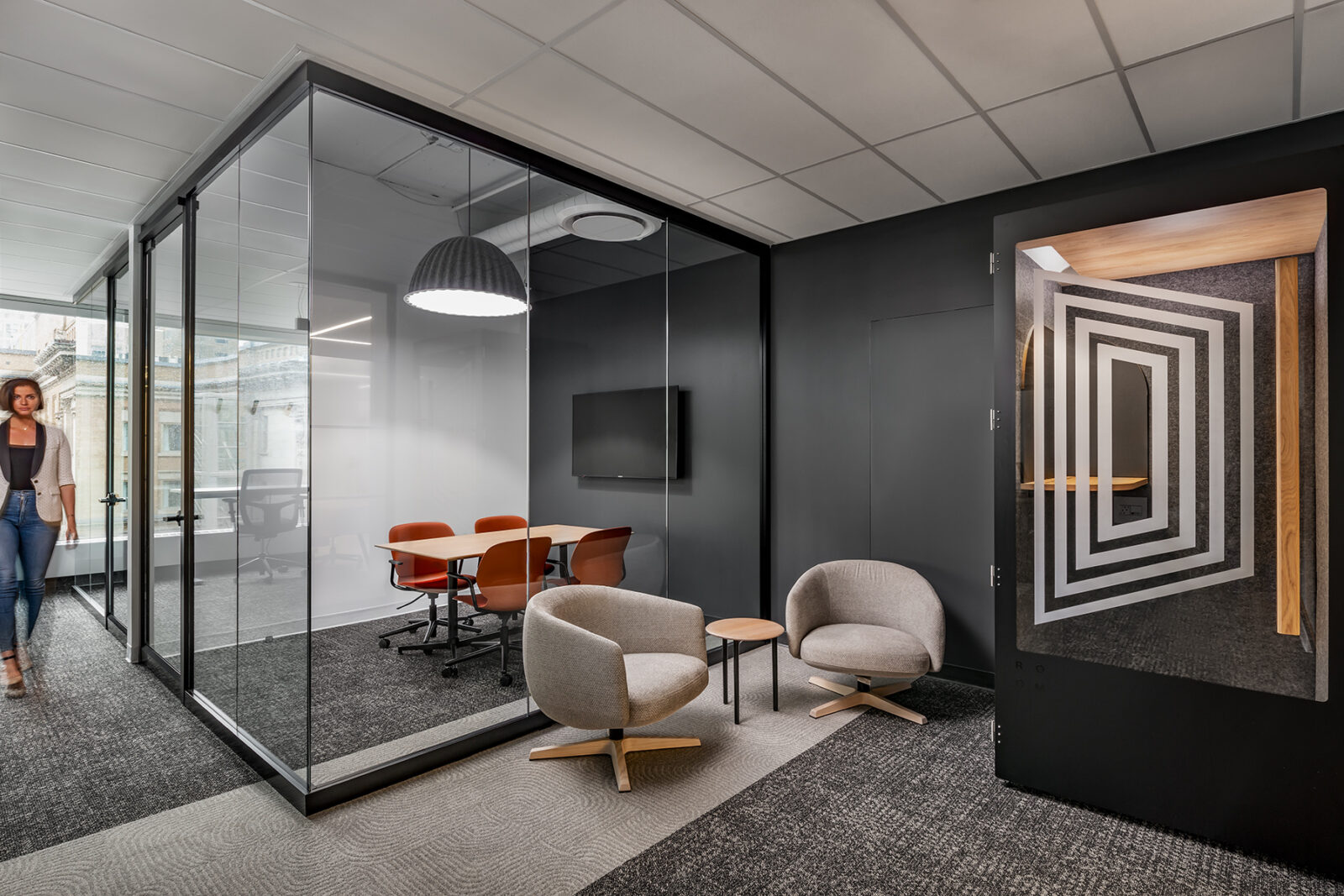Unlocking the Potential of Space Management: Strategies and Benefits

In the era of hybrid work and collaborative office environments, the significance of effective space management has never been more pronounced. As companies navigate the evolving landscape, optimizing office spaces has become integral to enhancing efficiency, productivity, and the overall employee experience. This article explores the concept of space management, its principles, benefits, and the tools that play a crucial role in its implementation.
Defining Space Management
Space management involves the strategic utilization of office space to maximize efficiency, productivity, and employee comfort. This encompasses various aspects, from designing hybrid spaces that support diverse work styles to ensuring safety and comfort in communal areas like dining spaces and breakout rooms.
Principles of Space Management
- Designing office spaces that accommodate different work styles and tasks is crucial. This can involve incorporating flexible seating options, implementing desk booking tools, and creating dedicated zones for collaboration, brainstorming, and focused work.
- Anticipate how employees will interact with the physical space, including entry and exit points and amenities such as lockers and showers.
- Leverage technology to streamline processes, from booking meeting rooms to monitoring occupancy. This not only enhances the employee experience but also provides valuable insights for optimizing space usage.
The Importance of Space Management in the Office
Space management is an integral part of any company's operations, ranging from booking temporary coworking spaces to overseeing the layout of expansive office floors. Efficient space management contributes to resource optimization, cost savings, enhanced workplace safety, and increased employee productivity.
Benefits of Optimizing Space Management
- Desk and room booking systems offer agility, allowing quick adjustments to changing needs without last-minute scrambles for available spaces.
- Access to resources and amenities fosters a positive work environment, leading to greater job satisfaction and a preference for office work over remote options.
- Adaptable workspaces that scale with changing team sizes reduce costs associated with unused or inefficiently used space, especially as remote work becomes more prevalent.
Space Management Tools and Software
- Software: Facilitates office layout management, tracking furniture, equipment, and other assets, aiding in planning office moves.
- Sensors: Provides data-driven insights by tracking occupancy levels in specific areas without compromising individual privacy.
- Booking Systems: Enables efficient use of office space by allowing employees to reserve desks, meeting rooms, and other spaces in advance.
Understanding Desk Space Management
Desk space management involves tailoring desk assignments to individual employee needs and roles. This may include providing ergonomic furniture and allocating space based on team or project requirements.
Effective space management is paramount in the current business landscape. By embracing flexibility, prioritizing the employee experience, and leveraging technology, companies can unlock the full potential of their office spaces, leading to increased efficiency, cost savings, and a positive work environment.